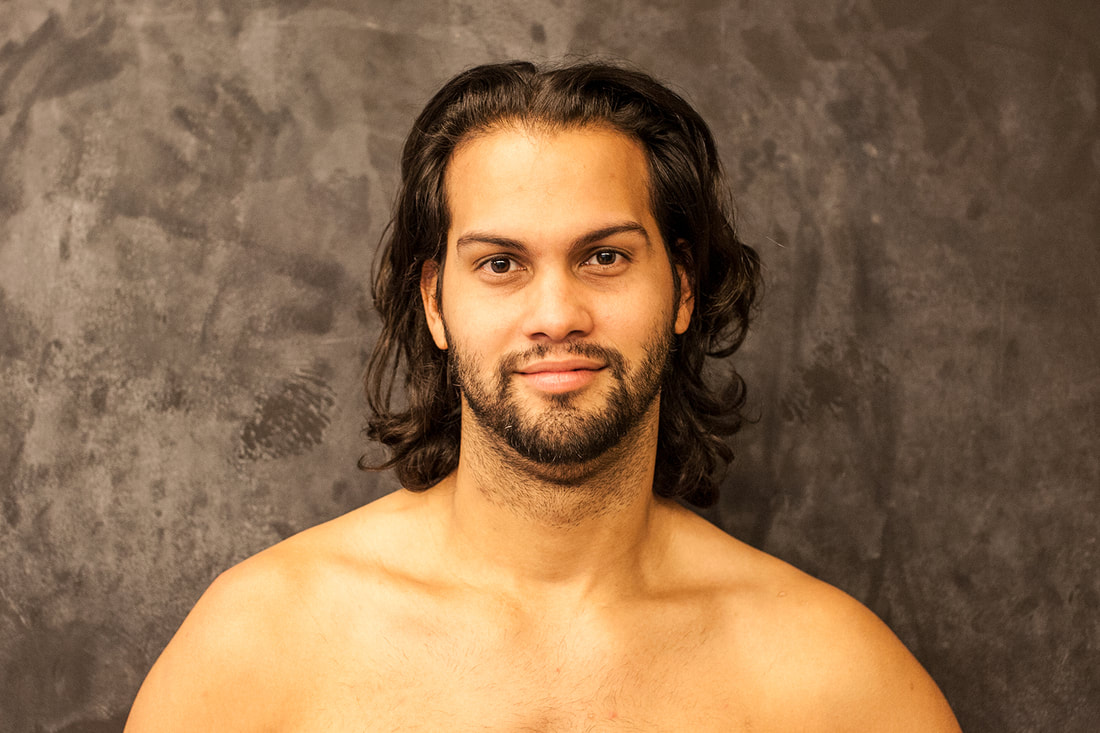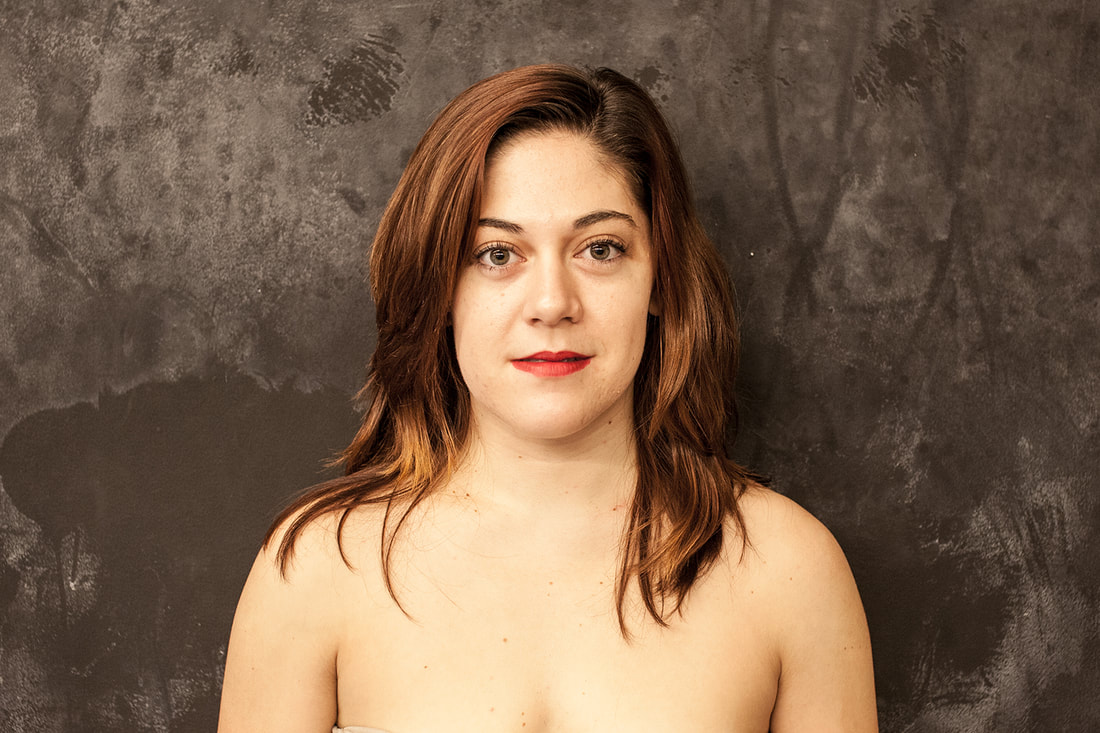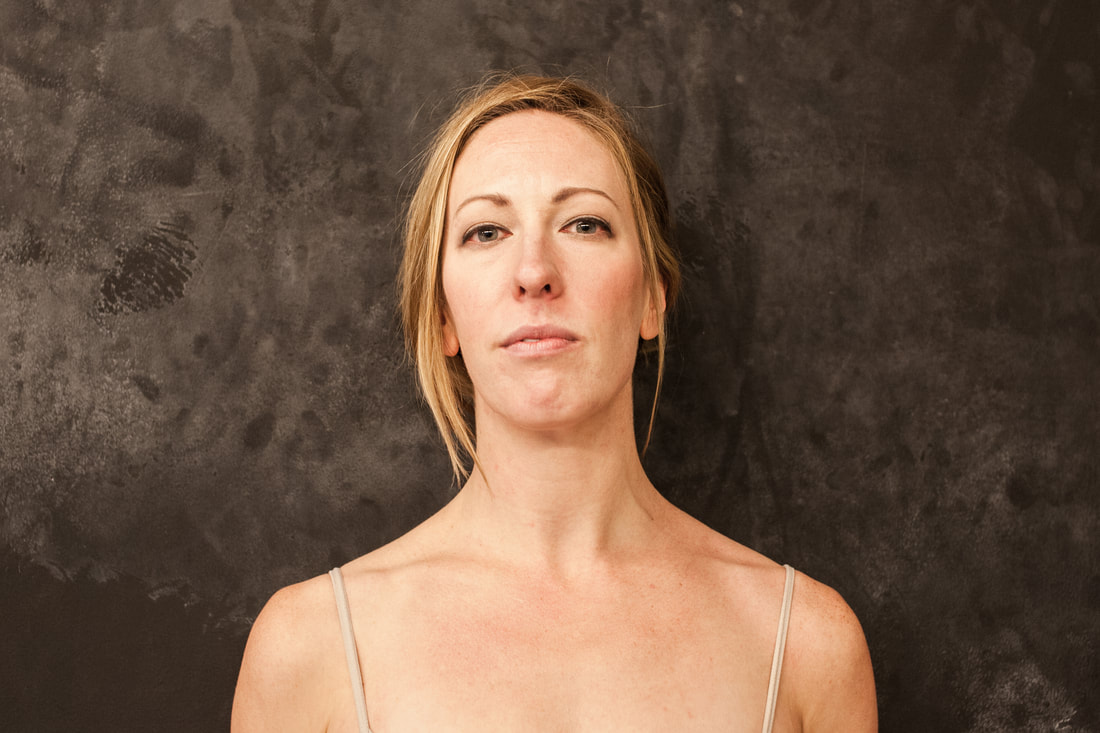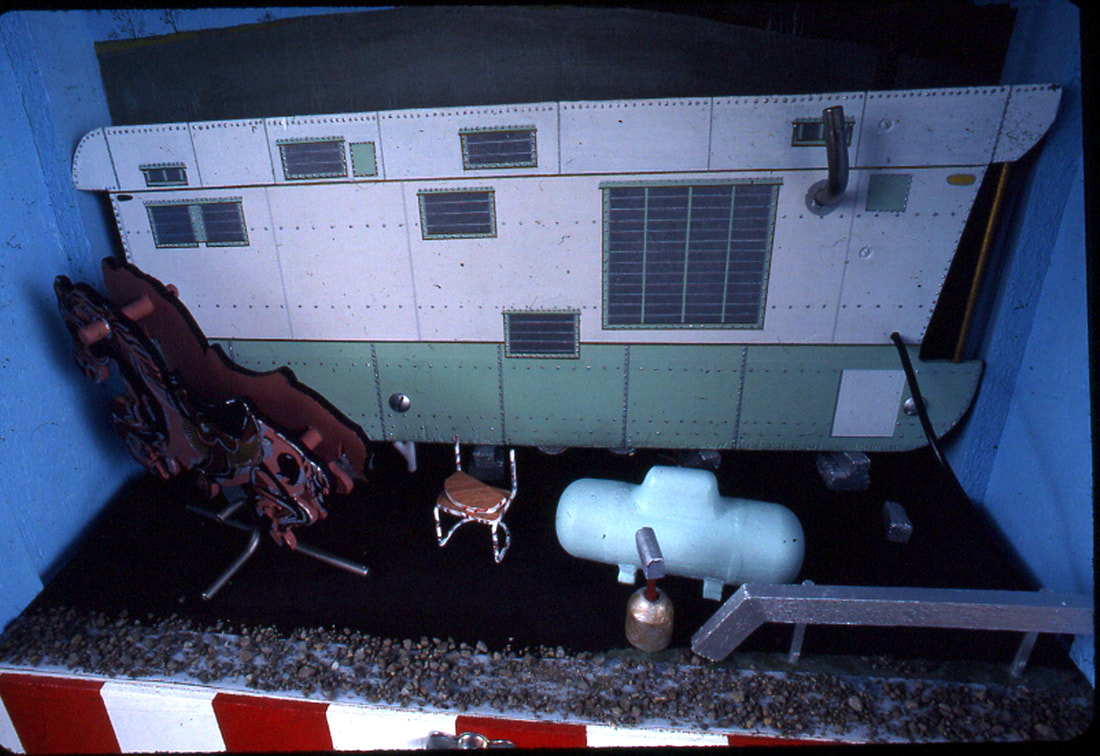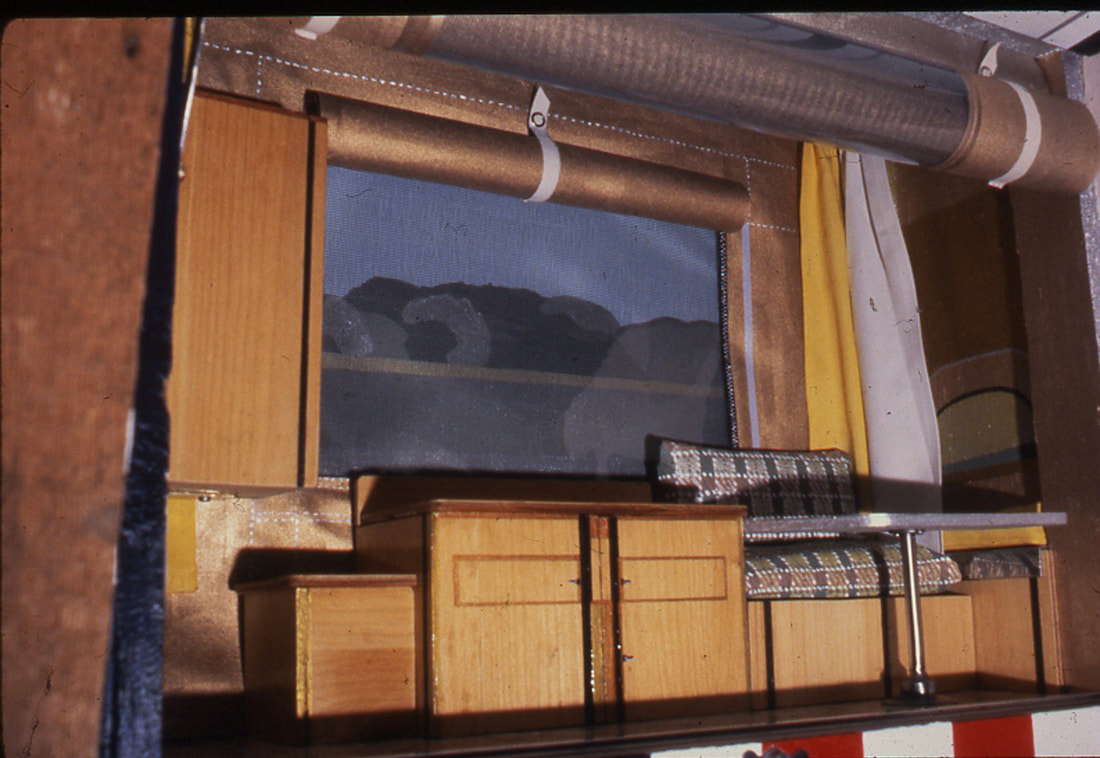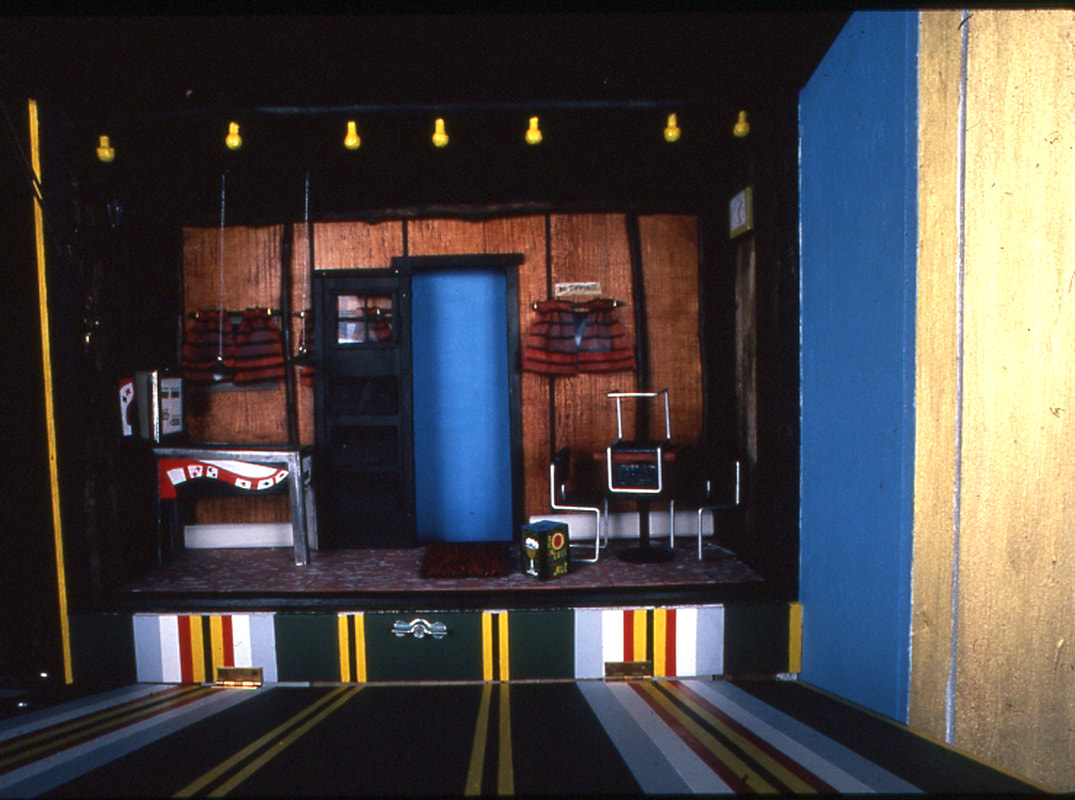|
How is that we come to have a body? I mean is that your body? I mean do you own it? Is it you? I always thought I’d be the kind of person to age gracefully, that didn’t slouch, that grew a big beard and learned how to fish. And yet hear I am aging, I don’t know how to fish, I slouch, but luckily I can grow a big beard but I think that’s even hit it’s max. I like rooms, I think you do too. I like to be in a nice room, to have a nice drink while sitting on a nice couch. I like to think there might be kids around, maybe not mine, but a friend there who’s got his or her kids. I want to be in a nice room and I want to be optimistic. But then there’s this thing with having a body. It receives pleasure from nice things and it smiles when it’s getting this reception. And that’s what the body should be feeling, right? While in a nice room? But what if it feels pain? I don’t mean my leg hurts from a long day or long run or bumping into a table. I mean what if the pain can’t be explained? What if it won’t go away? What if it’s always right there with you? And I don’t mean emotional pain, although I certainly could, I mean the physical reception that something is off internally that your body let’s you know it feels. I’ve been trying to think of a description for it. And really it’s like an out of body experience, like you’re standing there or sitting there and you feel naked and you can see yourself, see what you think you look like and what you want to see is a person at peace, at ease, but what you see instead is like a strange reflection of your body in a position of discomfort and then you really do want to get out of your body but you can’t. It’s like being locked in a room. And you look around at the room and you think about how nice of a place it’s been, of all the pleasure you’re received and maybe given there, but suddenly you want to get out of it. You look at the door and you start to imagine that if you walk out of the room the pain will go away. And so you go ahead and walk out and stand in another room. But the pain is still there. And you start to think about all the pleasures you’ve felt in your life and how’s it probably a pretty good life, I mean you do read the news and you do know people whose life isn’t so good and you think that all things considered, yours is. But then you stop thinking for just a second, maybe even less, and you start to feel the pain again. And so you walk out of that room into another room all the while imagining, trying to will into being the absence of the pain as you walk through the doorway. One step, two steps, and then you get through the frame and into another room and it’s still there. So you go ahead and walk out of the house and keep walking, down the street, around the block, across the street, and down another block, and then down another. And you think that if you can just keep walking the pain will stop, you’ll walk it away. And so you go. For an hour, maybe two and you start to think you’re doing pretty good, you’ve got this thing taken care of and so you stop. And there it is. You can’t will it away and it’s like the whole world has become a room in which you live with your pain. And if you’ve got to have it well then you want metaphors to give it a name for after it passes. And you really want to think it’ll pass. And then one morning you wake up after having fallen asleep feeling a numbness which the pain becomes at night, and it has. It has passed. I want to know that it does and it has and I’m not feeling it now, but that while it’s there it’s like the whole world is a room. What this gets me too is that as I age I’ve had to come to a different agreement with myself about my relationship to pleasure. How not feeling pain is a form of pleasure. How what I thought would never happen to me has happened to me. I mean, do I own this body? Do I own this pain? Could I sell it? I see a picture and I want to tell you a story. I used to do this. I’d go into a thrift store and buy ten photos for a dime and write a short story about them, put the pieces together, make something up. But now I see a picture and when I start to think about what it is I’m imagining, I start to imagine pleasure. But then I start to imagine pain. Has this person felt this before? Did he sit in a nice room with his shirt smiling at a lover anticipating the pleasure that goes along with the upcoming events and suddenly get cut short by pain? I doubt it. I really do. And so this gets me back to my question: how is it that we come to have a body? Whenever I don’t know what to write and I do want to write, or even if I’m lonely and need to think through something, I imagine writing to someone. In this case it’s you, whoever you are. Why don’t you imagine we’re friends, that we’ve gone on a road trip together, that we’ve sat on a beach and thought about kissing one another but held off for one reason or another. Don’t worry about gender, or age, or color: let’s just imagine that we care about each other. And that we go long periods of time without seeing each other, but still write letters or at least emails letting one another know what we’ve been up to. And this is where the body comes back in, this longing. With pain comes memory. And with pain comes realization. Sometimes what feels best in life is to want someone, to feel you can be satisfied in this desire. Does it fade over time? This wanting to want? I suppose so. But does it ever go away? If I know nothing else, I know that I don’t want it to. Whenever I see a body now, any body, instead of thinking about all the pain it’s experienced, I try to think about the pleasure. How sometimes you can just read it on someone’s face. A smile, or the way a woman brushes her hair off her forehead, or a man lights up when he sees a friend. I could go on and on, but this is a short poem so I won’t. I’m just sitting here in my body thinking about other people, about how I’d like to spend time with them, go for a nice hike or spend the day at a lake and I can’t help but think about their bodies. How I used to be one of those people that we would say “I’m not my body, this thing here is just a vessel, and you’re not your body either.” I really wanted to believe that, but I can’t, not now and certainly not because I can see the differences between the bodies we’re in. I do think it’s important for you to remember that I want this to be about pleasure, that this is a poem about pleasure, or this is a monologue about pleasure. Someone is smiling, happy to be here. I want to tell you about a movie, I want to ask did you see that one about…waking up on a ship in space not sure what year it is, not sure if it’s even you that went to sleep. It’s like a metaphor for the body too, how sometimes you don’t even know how time works, you just wake up and bam, here you are. And I want to think about another movie I’ve seen recently that I can tell you about, or a book, but…well, it seems they all have to do with the body, or at least someone’s body. Even a book about a lake is a story about the body, about a living organism, I mean just think about the Dead Sea for a minute. And so when I see a room now, I think about the body in it too. It was built by bodies for bodies to be in, to be sheltered, to be at ease, to be in love, to experience pleasure. Look at the couch, what an invention! It’s like a bed, but for sitting on with someone else, comfortably. by Christopher Ashby music by Maxwell Harvey-Sampson
|
66 OURS - Collaborative Writing ProjectStarting with Phase 1, writers had 66 days to base their writing on 1 anonymous person & 1 vignette, dutifully and judiciously assigned to each writer by Amelia. Photos given to the writersEach writer was given a combination of 1 person + 1 vignette from the following:
Person 1
Person 2
Person 3
Vignette 1
Vignette 2
Vignette 3
Categories
All
|
